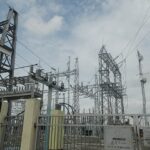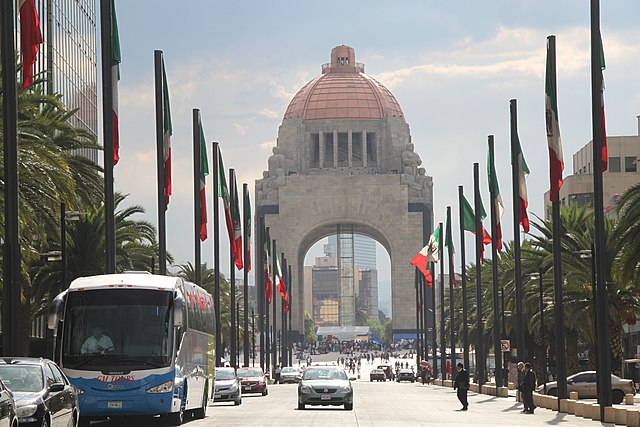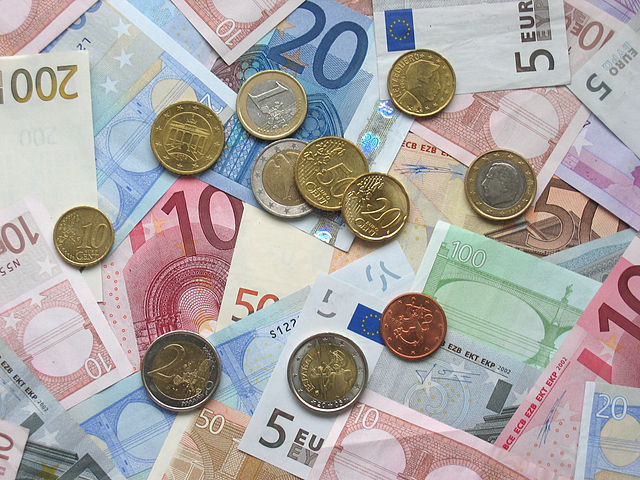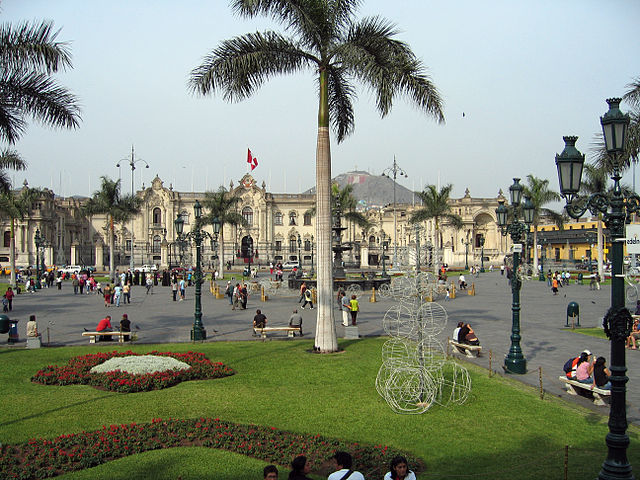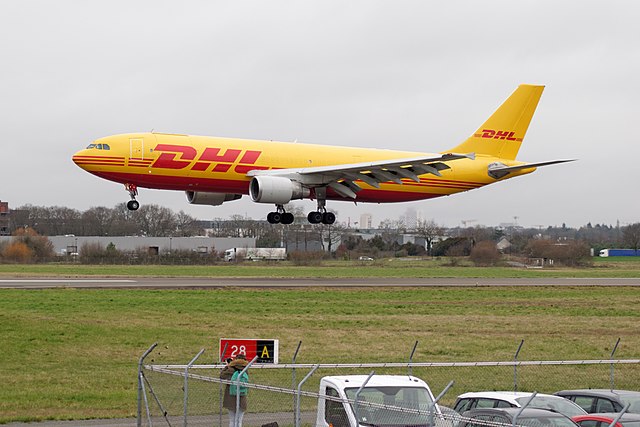Mexico has made remarkable progress in advancing gender equality, yet certain gaps persist that hinder the country’s economic potential. In response, the Mexican government has taken proactive measures to create economic opportunities for women and foster sustainable and inclusive growth. Recognizing these efforts, the World Bank has pledged technical and financial support to aid the Mexican government’s initiatives. This partnership signifies a commitment to sustainable economic development, empowerment, and the reduction of inequalities.
Closing Gender Gaps for Economic Empowerment: Enhancing women’s access to economic opportunities is pivotal to improving productivity, reducing inequalities, and promoting inclusivity in Mexico. The World Bank’s director for Mexico, Colombia, and Venezuela, Mark R. Thomas, underscores the significance of this endeavor. By implementing policies that facilitate women’s access to better jobs, the operation supported by the World Bank aims to boost productivity and income levels. The ultimate goal is to address gender disparities and unlock the economic potential of all individuals, fostering a society where merit and abilities define success.
Promoting Social Inclusion and Safety: The World Bank’s support for Mexico’s public policies extends beyond economic empowerment to include social protection measures for domestic workers, who are predominantly women. Extending social security coverage to these workers acknowledges their contributions and ensures their well-being, enhancing household resilience against income fluctuations and other risks. Furthermore, the operation places great emphasis on preventing gender-based violence. Through improved systems for prevention, the safety and security of women will be prioritized, creating an environment that enables their full participation in society.
Sustainable Development and Climate Action: The operation supported by the World Bank aligns with sustainable development objectives by addressing environmental concerns. Transport policy reforms will favor public and non-motorized modes of transportation, thereby reducing carbon emissions. These reforms take into account the specific transport needs of women, facilitating their access to employment and education. By providing safer and more environmentally-friendly transportation options, the operation not only enhances women’s quality of life but also contributes to the reduction of the transport sector’s carbon footprint—an essential step toward combating climate change.
Financial Inclusion and Infrastructure Development: Promoting financial inclusion for women is another critical aspect of the operation. By facilitating digital financial services, women will have increased access to financial resources, empowering them to make informed decisions about their economic well-being. Additionally, the operation aims to establish a robust system for evaluating and mitigating the environmental and social impacts of large transport projects. By incorporating a gender perspective in defining eligible sustainable infrastructure projects, the operation ensures that women’s needs and perspectives are considered, fostering a more inclusive and sustainable infrastructure network.
The partnership between Mexico and the World Bank exemplifies a commitment to empowerment, economic freedom, and sustainable growth. Through the operation supported by the World Bank, Mexico aims to close gender gaps, promote economic opportunities for women, and enhance social inclusion. By prioritizing women’s safety, sustainable transport, financial inclusion, and infrastructure development, the operation paves the way for a more prosperous and equitable society. Mexico’s dedication to these principles, coupled with the support of the World Bank, demonstrates the potential for positive change when empowering women and pursuing sustainable development goals.



